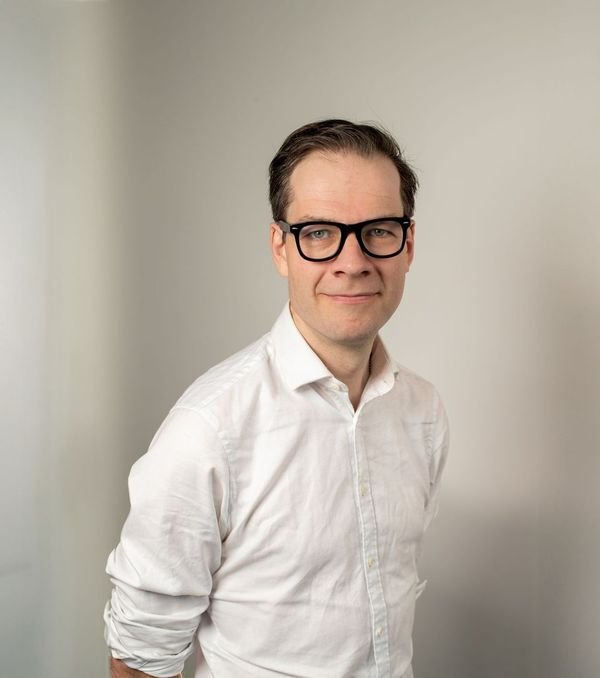Carl Henrik Ek appointed visiting professor of AI/machine learning at KI SÖS

Carl Henrik Ek has recently been appointed visiting professor of AI/machine learning at the Department of Clinical Science and Education, Södersjukhuset (KI SÖS), Karolinska Institutet. To take advantage of the new technology, development must take place in synergy between mathematics, computer science and medicine, says Carl Henrik Ek, who also leads a research group in machine learning at the University of Cambridge, UK.
Medical research has always been data-driven, with empirical results leading to new theories and knowledge. Thanks to the digitalisation of recent decades, there are now large quantities of research data, which with the help of modern statistical methods from machine learning can be converted into medical applications.
However, medical research poses special challenges for machine learning.

"It is important to understand that machine learning is not a scientific discipline because it lacks a scientific question. Instead, it is a tool for answering the scientific questions of other disciplines," says Carl Henrik Ek, visiting professor at the Department of Clinical Science and Education, Södersjuk-huset, Karolinska Institutet. "In recent years, I have become interested in medical applications, both because they are important, and because they place demands on our methods that are unique."
Carl Henrik Ek has been working in machine learning for 20 years and runs a research group at the University of Cambridge, UK, focusing on theoretical development of statistical models. He is a trained vehicle engineer at KTH (Royal Institute of Technology), Sweden, and has a PhD from Oxford Brookes University, UK, in computer science.
After his PhD, he did a postdoc at UC Berkeley, USA, and has held positions as a senior lecturer at KTH as well as Bristol University, UK.
